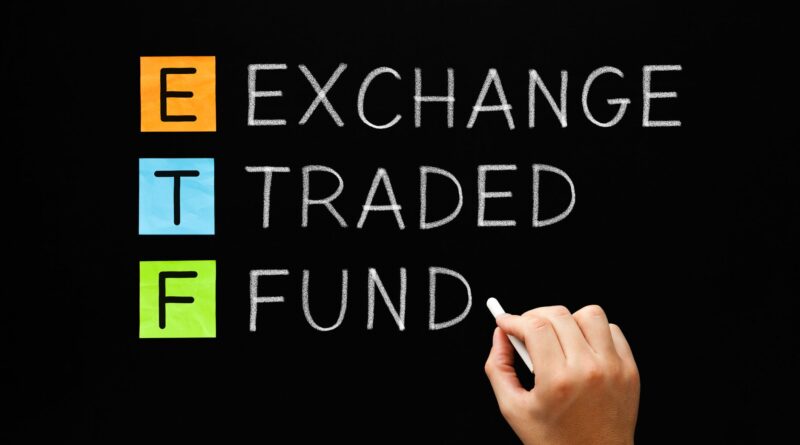Factors that people don’t know about investing in ETFs
ETFs have become very famous in India as of late because of how they permit openness to explicit lists and subjects. In any case, would it be a good idea for you to likewise go for them? This is what you should know first.
Internationally, Exchange-Traded Funds or ETFs are famous and the pattern is getting up to speed in India as well. How can it squeeze into your portfolio development?
What is an ETF?
ETF is a bin of protections, that is exchanged on the trade very much like a stock. They are like a record reserve in their functions; but since they are additionally recorded on the stock trades, you can trade them whenever during the exchanging hours.
An ETF can be either effectively or latently made due. An ETF can be a value file, for example, a Nifty 50 and Bank ETF, an item list (gold ETF, and so on), or a bond list ETF.
Effectively oversaw ones are known as shrewd beta subsidizes which follow alongside a standard-based framework for choosing stocks from a record into the portfolio which thus may show specific measurements or practices.
Financial backers ought to think about these elements prior to putting resources into ETFs:
Exchanging Costs
For purchasing ETFs straightforwardly from the market, you really want to have Demat and a value exchanging account. Additionally, each time you exchange ETFs, you pay exchanging charges. While purchasing ETFs is less expensive than purchasing each stock independently, it has its arrangement of difficulties. For example, precise contributing through this course may be costlier than that of lumpsum contributing.
Besides, liquidity is regularly an issue. ETF financial backers can observe this out from everyday volumes and bid-ask contrast. A bigger contrast is characteristic of helpless liquidity and in a manner financial backers follow through on a greater expense than its fundamental to claim it.
ALSO READ: Is investing in ETFs a DIY strategy?
Assuming you are purchasing ETFs from shared assets, you get to do as such just toward the finish of-day NAV. It is additionally helpful as it gets rid of the need to open business or Demat accounts while likewise dealing with liquidity-related issues.
Following blunder
This is pertinent for list-based ETFs. Clever 50 ETF reserve need not really copy the presentation of Nifty 50.
There could be contrasts in returns due to helpless liquidity issues (referenced above) or because of money held by the asset. Here and there corporate activities like profit dispersion (and deferral in its arrangement) or rejigging of record stocks and their loads can prompt the following blunders.
Lesser the following blunder better is than its presentation.
Try not to disregard basic dangers
Assuming you are putting resources into inactively overseeing record ETFs, know about the asset’s concentration and what kinds of venture they will make.
Try not to be quieted into feeling that all ETFs are protected and have lesser unpredictability. On account of worldwide value ETFs, comprehend the financial and political nature of the country viable.
Also, there are reserves that curate stocks from the conventional lists in light of stock’s essentials, quality, and value instability. Guarantee they have a decent history of execution before you make any monetary responsibility.

Charge suggestions
Everything ETFs don’t get treated similarly according to an expense viewpoint. On the off chance that value ETFs are held for over a year, capital additions from NAV appreciation are treated as a drawn-out capital increase (LTCG).
While LTCG up to Rs 1 lakh in a monetary year is absolved from charges, anything well beyond that limit is charged at 10%. Holding for under a year draws in transient capital additions charged at 15%.
For non-value ETFs, assuming that the holding period is under three years, momentary capital increase charges are demanded at the pertinent pay section rates. Selling following three years draws in LTCG at a 20% rate with indexation benefits.
Focal point
Comprehend the principal idea of ETFs and their danger return characteristics to guide away from likely traps. Keep tab of its genuine expense and following blunder prior to putting resources into it.
ALSO READ: Can corporate bonds help you to chase your life goals?

